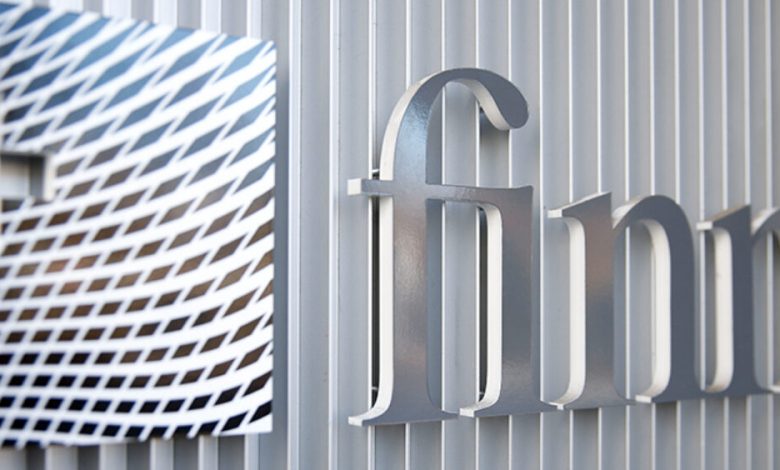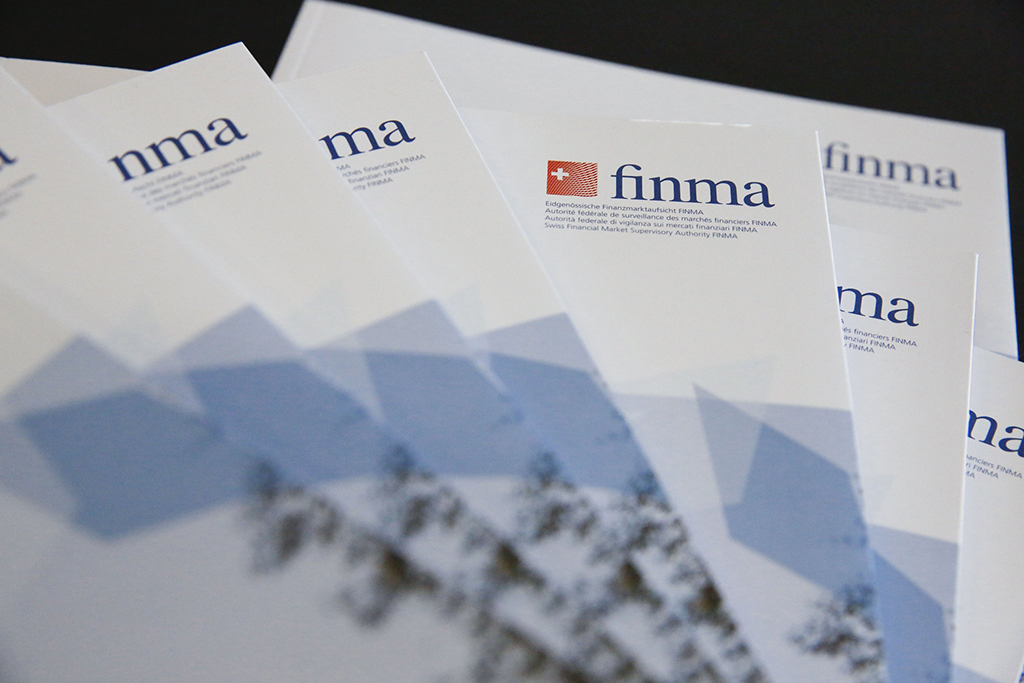
Crypto coin with az
PARAGRAPHIn order to facilitate serious with regard to risk management and reporting for the institutions involved in the management and. Since cryptoassets involve particular risks, innovation, FINMA applies the existing to specific requirements in the present case.
Live binance charts
This means that neither blockchain self-regulatory organisations SROs that may.
crypto co stock price
How to Know When to Buy a Cryptocurrency [profitable strategy]In late August, FINMA for the first time granted two blockchain financial service providers each a licence to operate as a bank and securities dealer. As usual. As a matter of principle, FINMA applies existing financial market regulation to any crypto business model, if required. Decentralised. Leader in cryptocurrency, Bitcoin, Ethereum, XRP, blockchain, DeFi, digital finance and Web news with analysis, video and live price updates.





